How long does it take for plastic to biodegrade?
Humans have produced 8.3 billion metric tonnes of plastic since the 1950’s, 6.3 billion of which has already been thrown away as waste. Only 9% of the waste plastic has been recycled since then, and just 12% incinerated, which means that the remaining plastic waste can be found in landfills or the natural environment, wreaking havoc on wildlife and marine life.
How does plastic degradation affect the environment?
Although all plastic is biodegradable, this process takes many, many years. Traditional plastic like PET (polyethylene terephthalate) cannot readily decompose or biodegrade. Why? Both processes are dependent on bacteria that consume and breakdown waste into simple matter. But PET is made with chemicals that bacteria cannot consume.
That is not to say that plastics can’t breakdown, they do, but it takes a long time; plastic bottles take up to 450 years to decompose in landfill. Rather than bacteria, plastic is broken down through a process called ‘photodegradation’ whereby UV radiation from the sun breaks down the plastic into smaller pieces overtime. However, landfills by their very design, make this pretty hard to achieve. Landfills are compact and repeatedly layered with soil each day to make room for more waste, so the sun barely has time to reach the waste before another layer is added.
Not only are landfills an eyesore, but they are also incredibly bad for the environment, mostly because they release toxins and greenhouse gasses into the earth and air. Furthermore, the non-recycled plastic that doesn’t reach landfill, ends up in our oceans. Although photodegradation happens quicker in the ocean, it causes masses of environmental harm to marine life. The sun rays breakdown plastic into smaller pieces but those little pieces of debris called ‘microplastics’ are mistaken for food and end up killing millions of marine life every year.
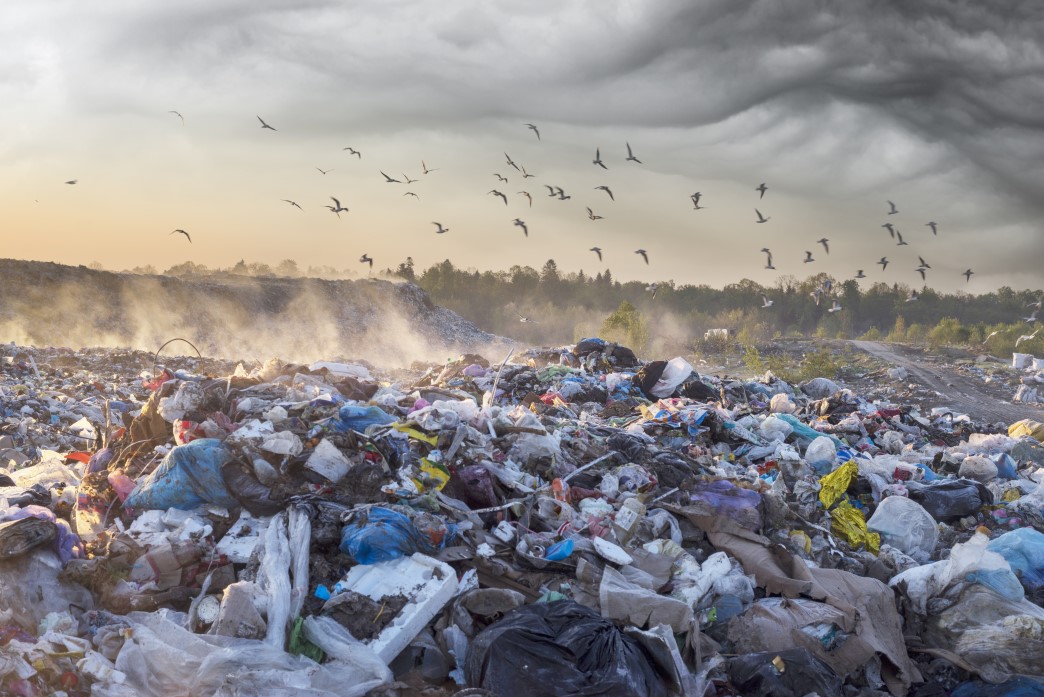
How does bioplastic degradation affect the environment?
There’s an important distinction to make before we assess plant-based and bioplastics. Bioplastics are plastics made from partly biological matter and biodegradable plastic are plastics that can be completely broken down by bacteria (in a reasonable timeframe in specific conditions). Although made from plant-based substances, biodegradable plastics don’t always break down 100% to their natural form, sometimes they leave residue behind.
The complex bio terms can become pretty messy, they’re often mistaken for each other. The following three terms will make it clearer so we can evaluate bioplastics better.
- Degradable – as we said, all plastics are degradable but even the tiny broken-down fragments of plastic may not return to nature. This plastic needs chemical additives to assist the breakdown.
- Compostable – plastic can disintegrate naturally into water, carbon dioxide and biomass in a garden heap (sometimes) or mostly, in industrial compost sites. Once it has fully composted, the nutrients will be absorbed by the soil and no toxic residue will remain.
- Biodegradable – similar to compostable, but this process takes longer, and it may leave behind toxic residue and microplastics.
Biodegradable plastics (BDPs) like polyhydroxyalkanoate (PHA) and polylactic acid (PLA) are designed to break down naturally into the environment. PLA is derived from plants: corn sugar, potatoes, or sugarcane. A reduced carbon footprint is the main argument for bioplastics: the amount of fossil fuels needed to create this plastic is far less than traditional plastics. Additionally, the Institute for Bioplastics and Biocomposites says that bio-based plastics use less than 0.02% of agricultural land.
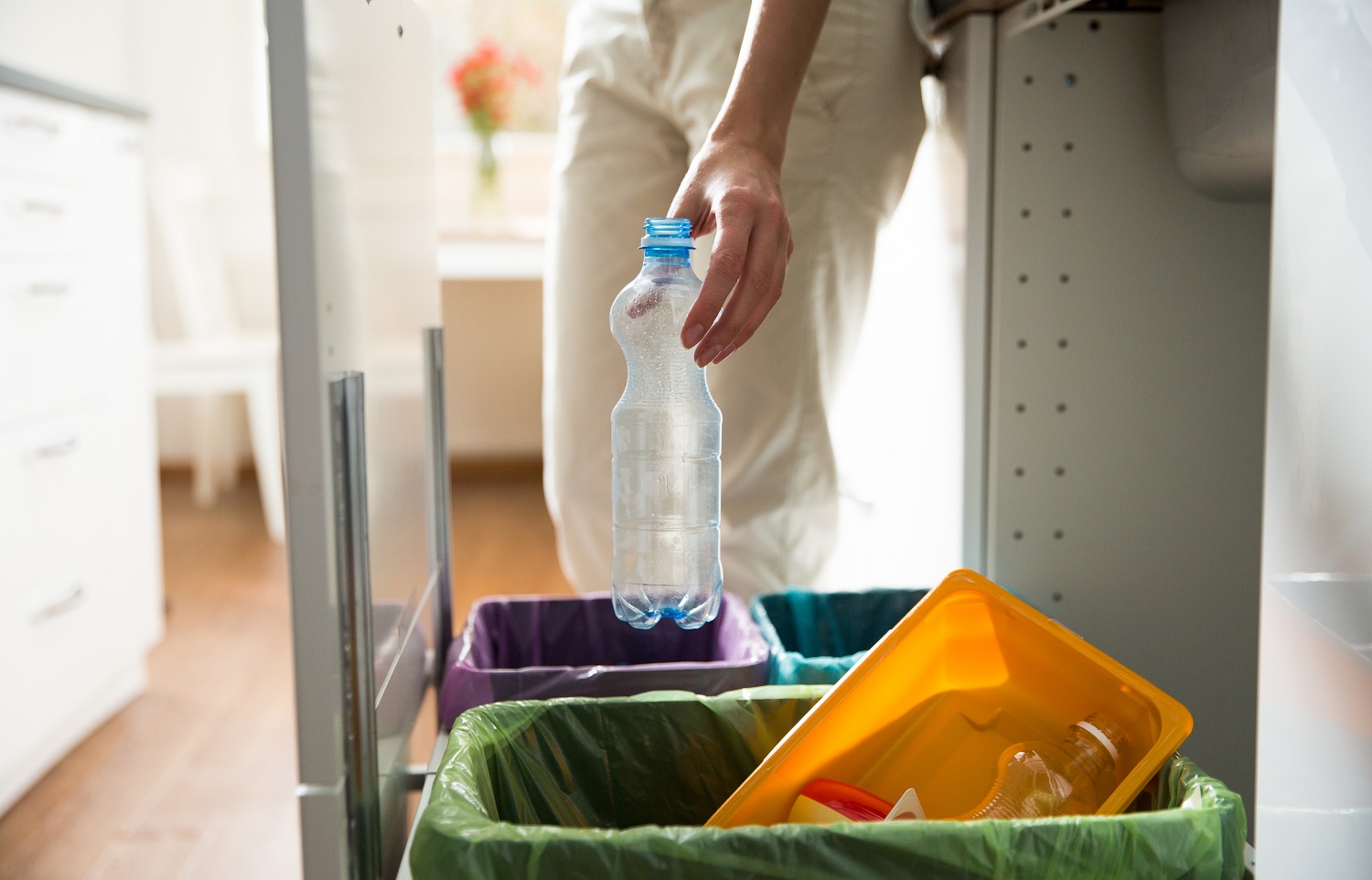
Some plastics are only industrially compostable
However, PLA needs industrial composting conditions to biodegrade. This includes specialised industrial composting and recycling facilities that have the ability to heat the bioplastic to a high enough temperature to break down. Furthermore, it’s important to separate bioplastics and recycled plastic because if bioplastic contaminates traditional plastic, the whole lot could be rejected and end up in landfill.
The label biodegradable can be misleading because many of us assume this to mean we can toss it on our garden heap and it will vanish naturally but more often than not, it means that it can only be composed industrially. If bioplastics were to end up in the ocean, they would break down into tiny pieces similarly to traditional plastics.
According to BBC Science Focus, biodegradable plastics take only three to six months to fully decompose, far quicker than traditional plastic that can take hundreds of years. It’s clearly a complex process, and one we are still ill equipped for. The UK has only 170 facilities capable of recycling bioplastics and the US is only slightly ahead with 185. While bioplastics have advantages, our recycling infrastructure must progress in order to reap the benefits.
Although this may not be something you can fix alone, if you want to learn more about how to reduce your impact on the planet in other ways, join the Home Club to access exclusive step-by-step Learn&Save guides, advice and keep up to date with all of our latest products.

Baby & Child
From baby wipes to bamboo toothbrushes and eco nappies we’ve got you and your little ones covered

Bambaw
Sustainable, zero-waste swaps for around the home and beyond

Bathroom & Hygiene
Reusable, recyclable, and plastic-free products to take care of both you and your bathroom
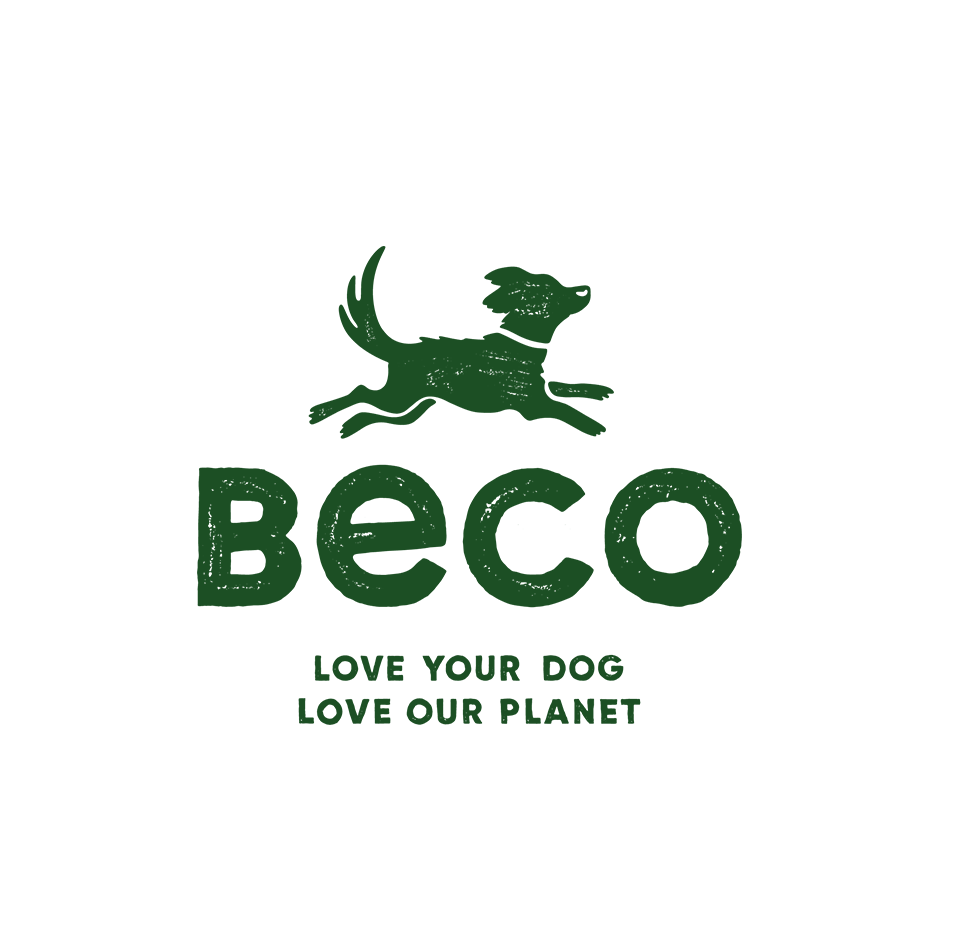
Beco Pets
Cleaning & Laundry
Be kind to the planet with sustainable cleaning & laundry products
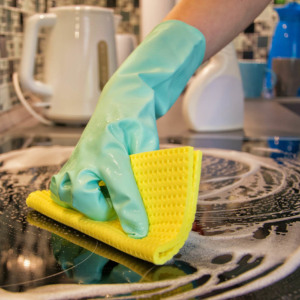
Cleaning Products
From kitchen worktops to windows and laminate flooring, we've got eco-friendly cleaning solutions for every room and surface
Ecoegg
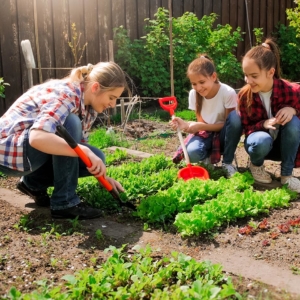
Garden & Outdoors
Be an eco-warrior inside and out with our eco-friendly garden products

Gifts
Perfect sustainable gifts lovingly handpicked by us
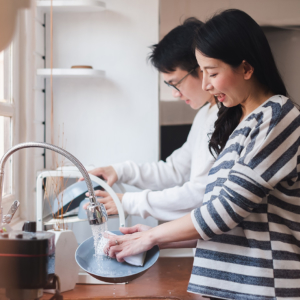
Kitchen Supplies
We’ve got all manner of eco-friendly essentials for your kitchen
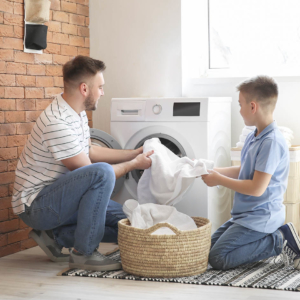
Laundry Products
Refillable, reusable, & plastic-free, what's not to love about our eco-friendly laundry range
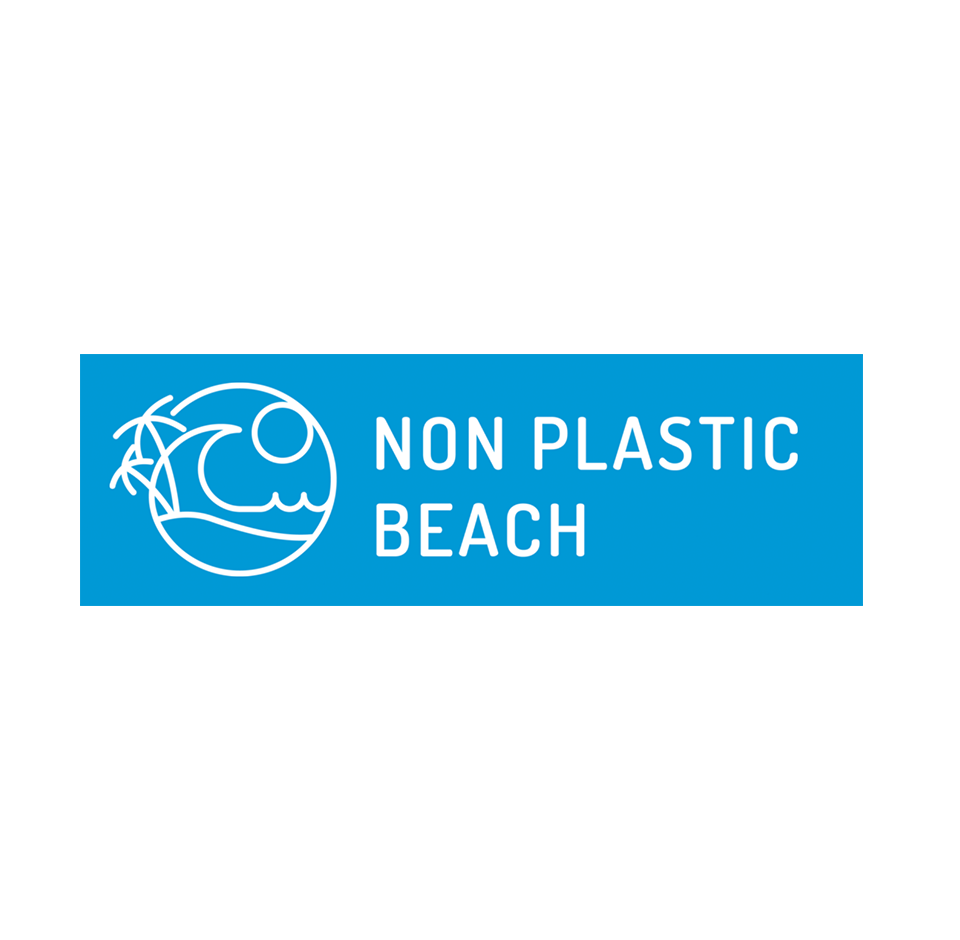
Non Plastic Beach
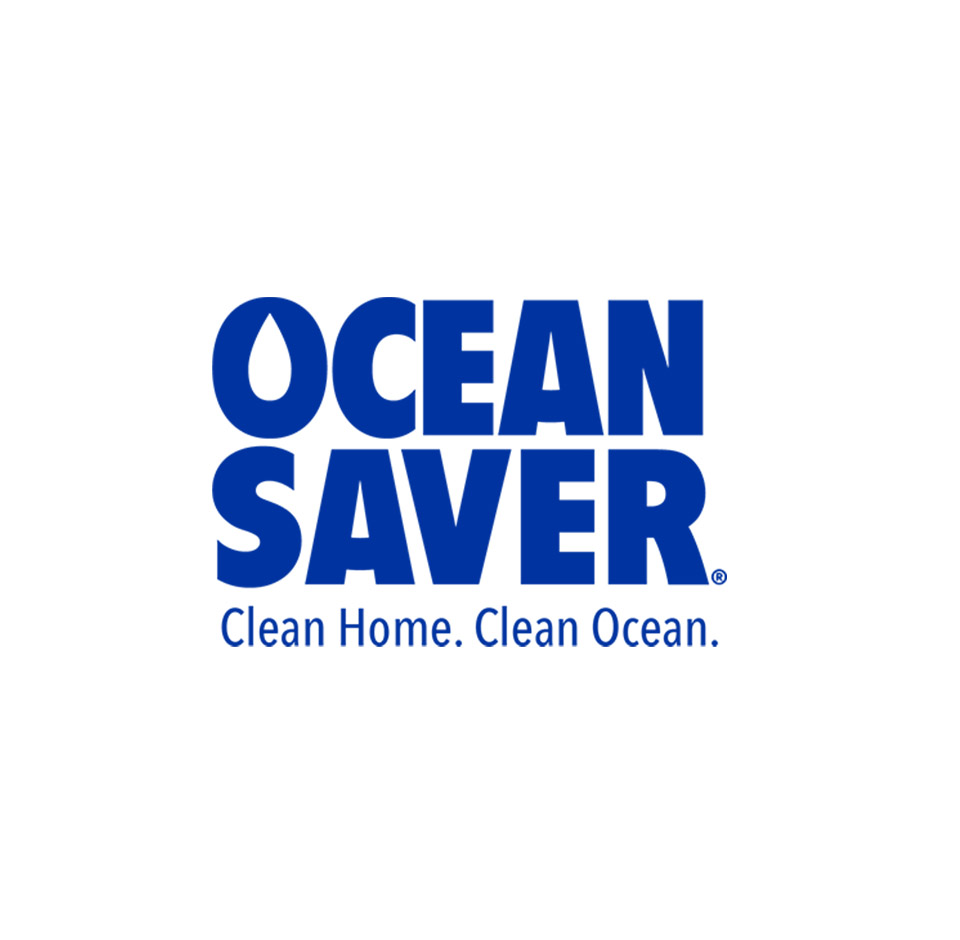
OceanSaver

On-the-go Essentials
Whether it’s an office lunch, picnic or a weekly shop say goodbye to single-use plastic
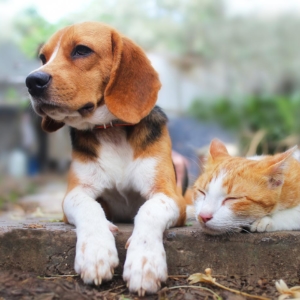
Pet Supplies
Essentials that your pet and the planet will love
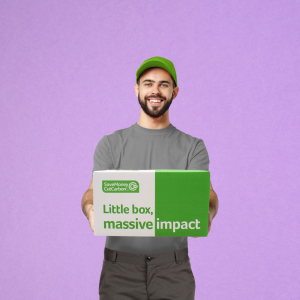
Regular, Reliable Deliveries
Get all your eco-friendly essentials delivered straight to your door each month with the click of a button
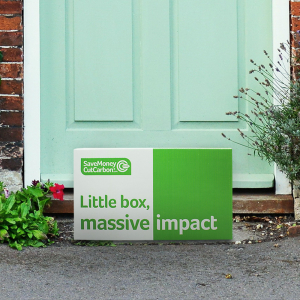
Starter Kits
We make it easy for you to start a more sustainable lifestyle with our zero waste starter kits
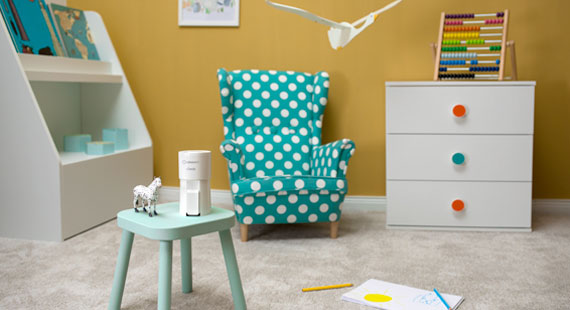
Wellness Essentials
Sustainable products that help you lead a healthy lifestyle at home and out and about
